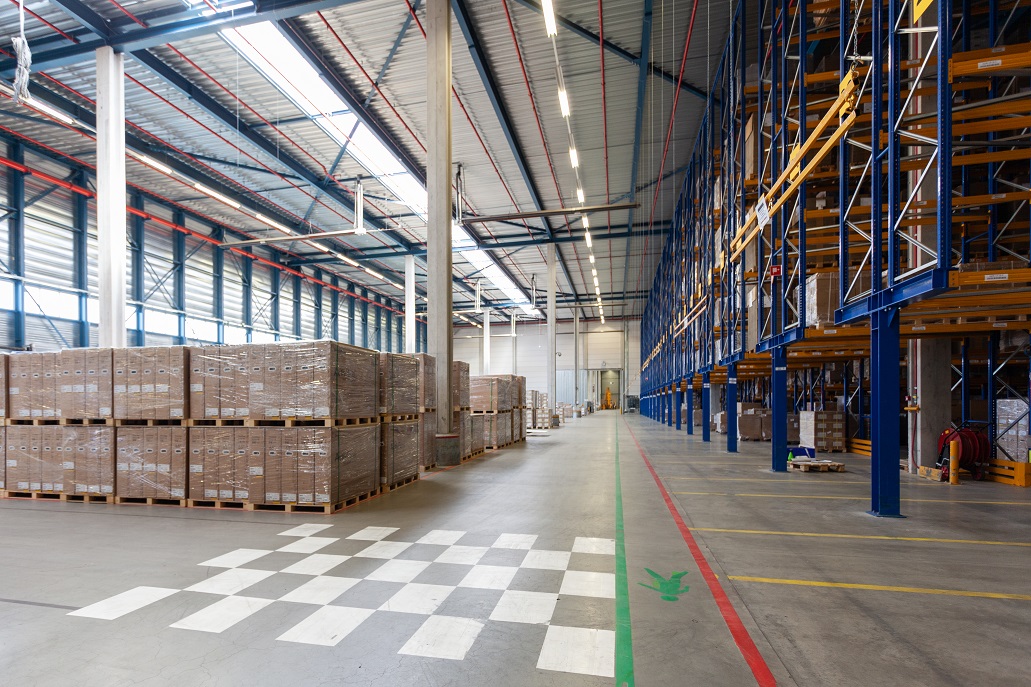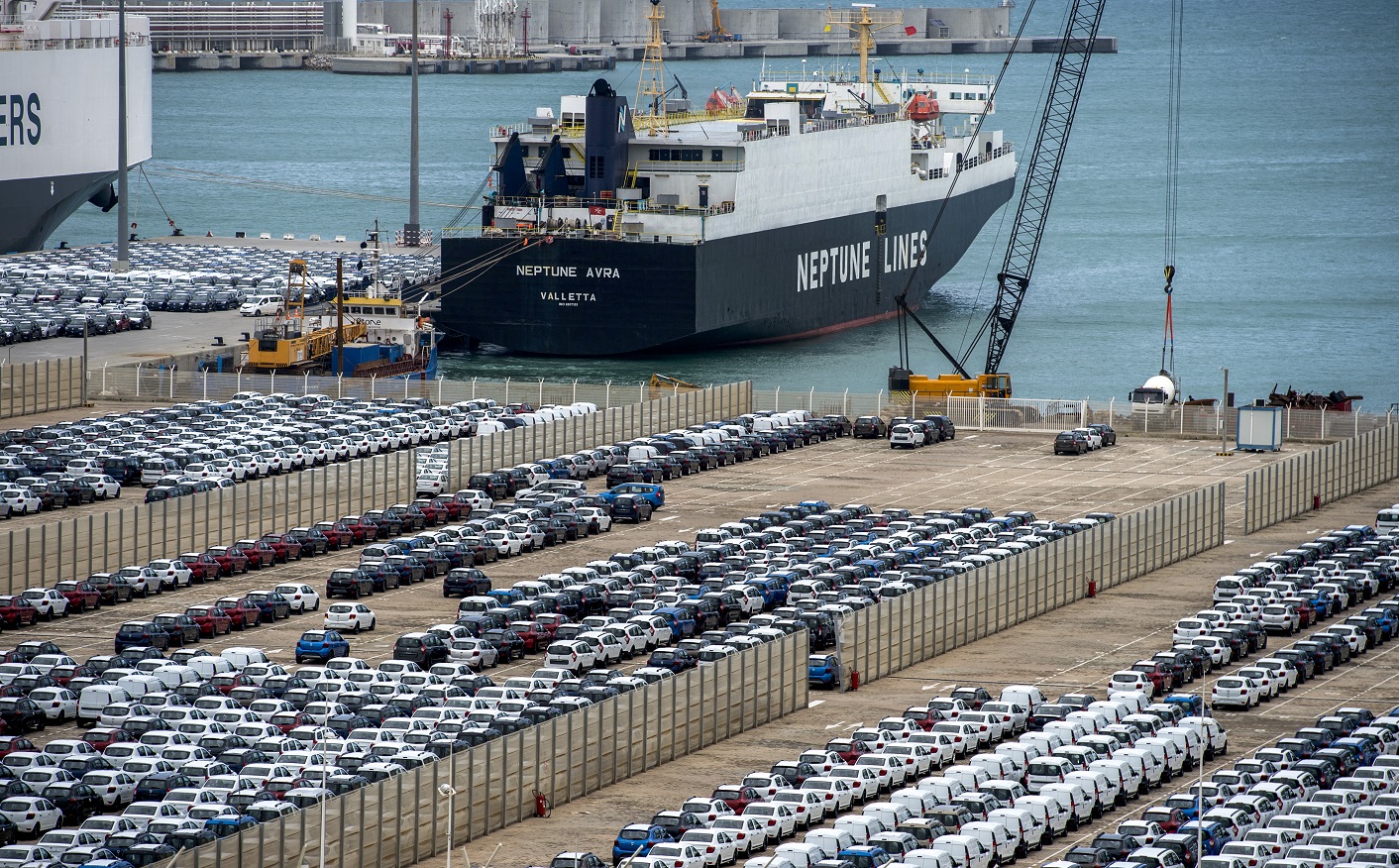
International trade is an essential pillar of the global economy, driving the growth of exchanges between Morocco, its industrial acceleration zones, and the rest of the world. However, with this economic growth comes a growing responsibility towards the environment. CSR (Corporate Social Responsibility) and ESG (Environmental, Social, Governance) are emerging as major imperatives, particularly in the freight transport sector, where decarbonization and sustainable practices are taking center stage.
The Challenges of Decarbonization in Multimodal Transport
Freight transport generates around 8% of global CO2 emissions. As a major logistics hub, Morocco is committed to reducing its carbon footprint. Modernized port infrastructures, such as Tanger Med, facilitate the transition to more environmentally-friendly operations.
Freight transport is a major contributor to greenhouse gas emissions, accounting for a significant share of the global carbon footprint. This reality underlines the urgent need for solutions to reduce these emissions. With this in mind, Morocco, as a strategic commercial hub, is seeking to improve the sustainability of its international trade.
Green Initiatives in Freight Transport
Innovative solutions are emerging to meet these challenges. Multimodal transport, with its harmonious integration of rail, road and sea, is an effective response. By optimizing logistics flows and reducing truck journeys, multimodal transport offers considerable potential for minimizing CO2 emissions.
Intelligent containers, cargo consolidation and optimized logistics planning minimize empty runs, thereby reducing emissions. The gradual introduction of electric vehicle fleets and experimentation with alternative fuels such as LNG (Liquefied Natural Gas) in shipping offer promising prospects for a significant reduction in greenhouse gas emissions.
Technological developments also play a key role. The adoption of alternative fuels, such as hydrogen or biogas, and the electrification of transport fleets are making a significant contribution to reducing emissions. These advances are enabling a transition to more environmentally-friendly transport.
CSR as a pillar of international trade
Integrating Corporate Social Responsibility into the supply chain is of the utmost importance. Companies involved in trade with Morocco have a major influence. By adopting sustainable practices, they help not only to reduce emissions, but also to improve the social and economic conditions of the communities involved.
They integrate ESG criteria into their logistics decisions, promoting partnerships with responsible suppliers and favoring more sustainable transport routes. This approach contributes to waste reduction and better resource management.
Opportunities to seize
The transition to green freight transport represents not just a challenge, but also a strategic opportunity. Companies committed to this path can benefit from significant competitive advantages. New markets, greater attractiveness to environmentally-conscious consumers and improved brand image are all positive spin-offs to be anticipated.
Freight transport between Morocco and the rest of the world is at a pivotal point in its evolution. CSR, ESG and decarbonization have become absolute priorities.
Investing in sustainable and innovative practices offers promising prospects for international trade, while actively contributing to the preservation of our planet.
In short, the transition to green transport represents not only an inescapable necessity, but also a path towards a more sustainable future for global trade.
For all your freight transport projects, contact AUTICS GROUP. www.autics-group.com











